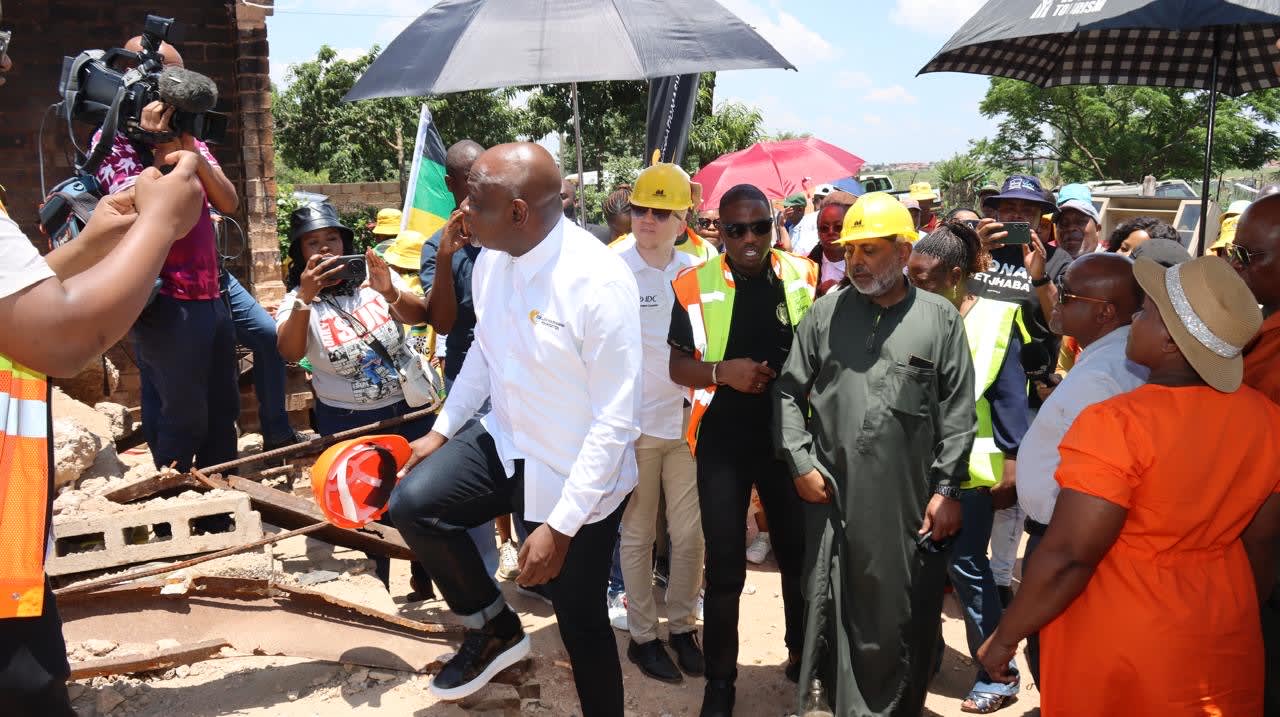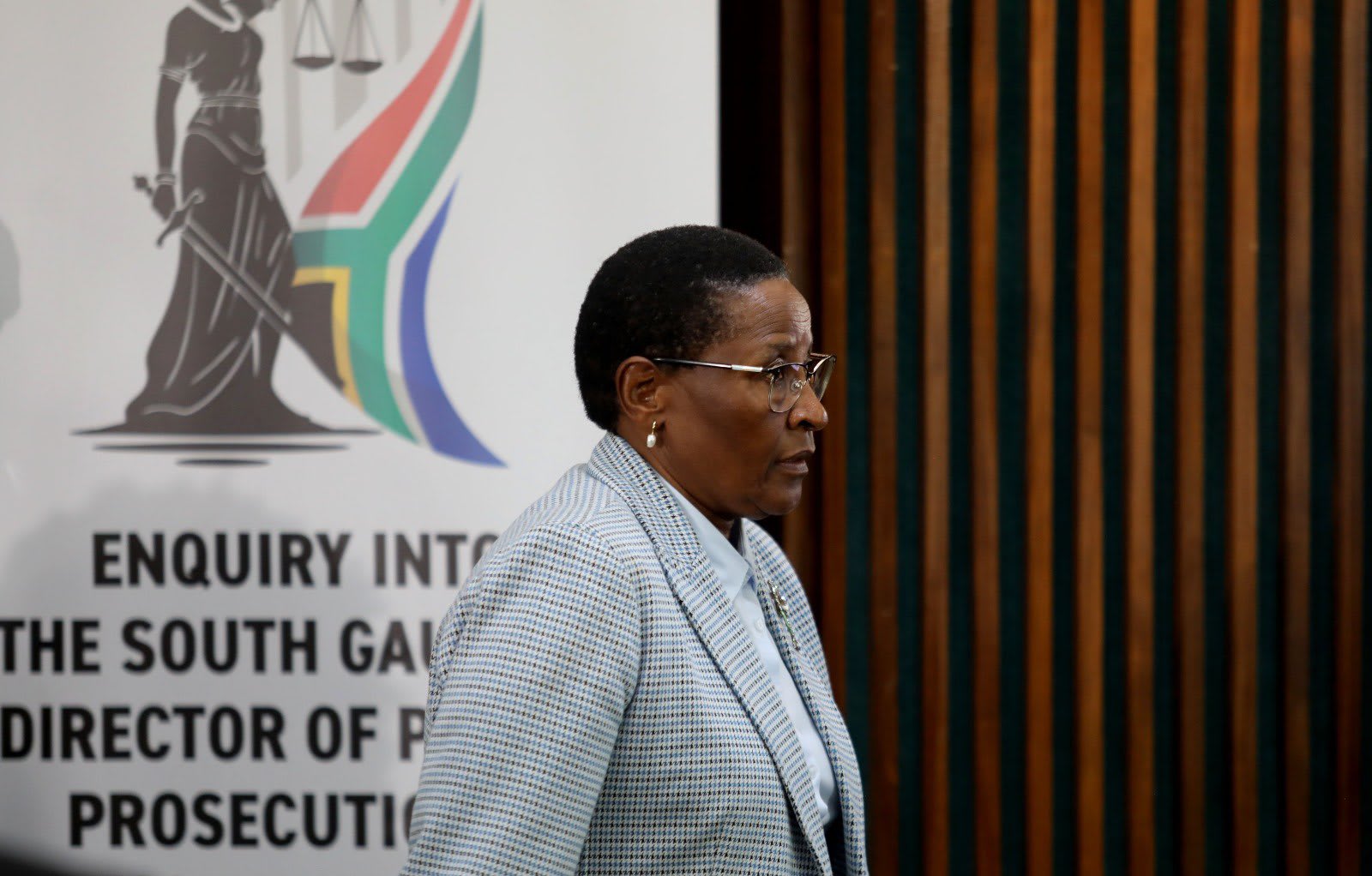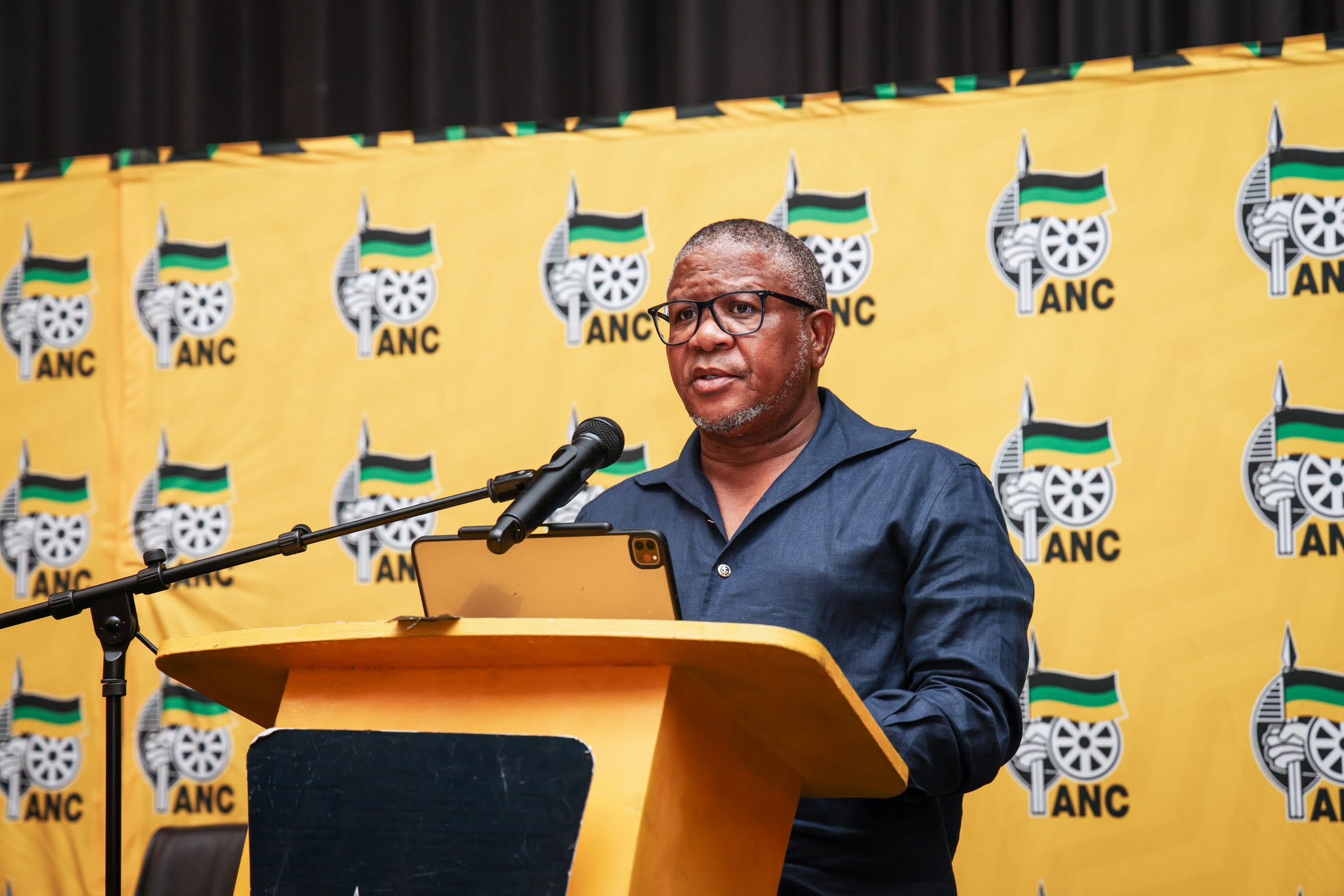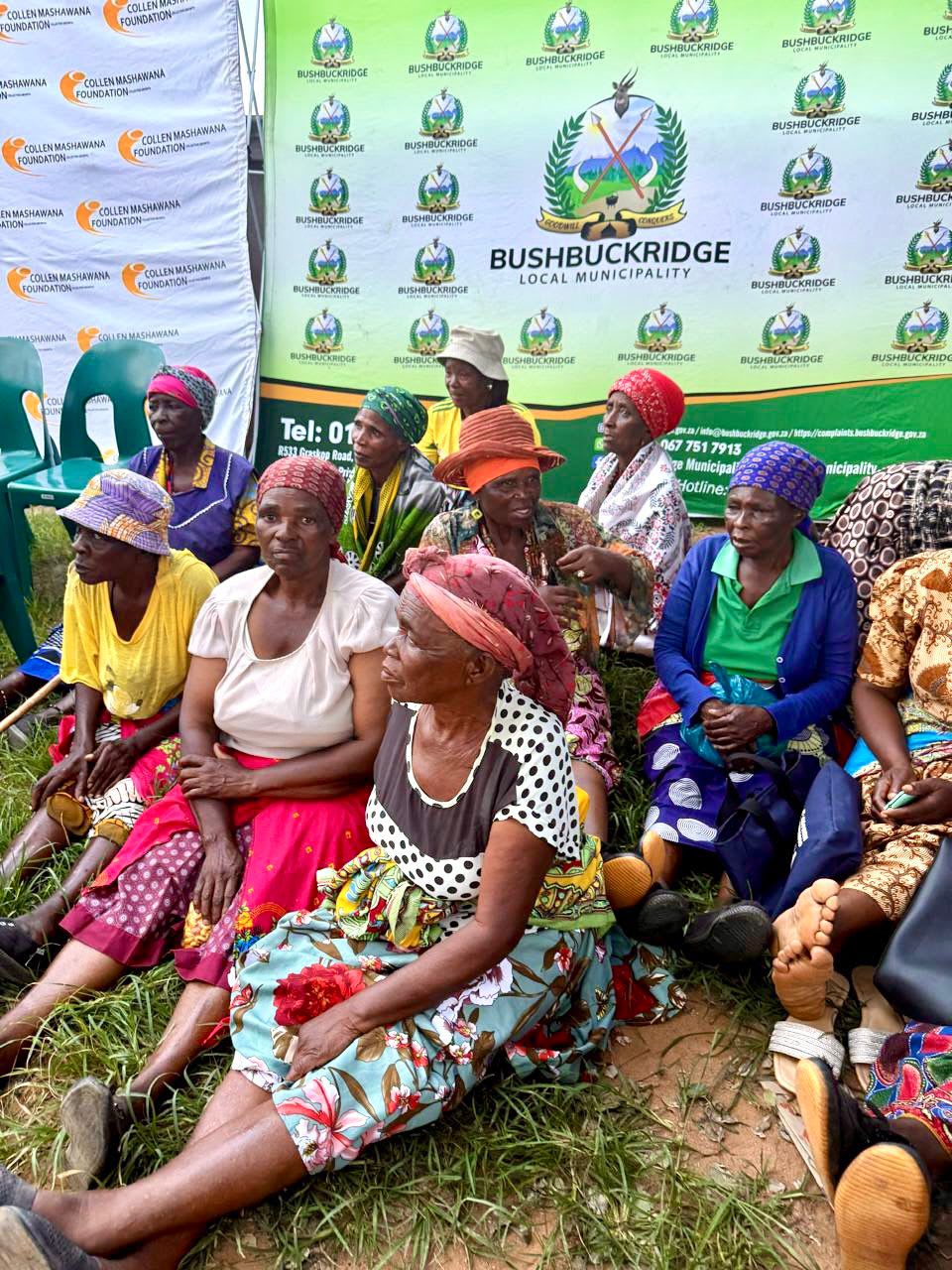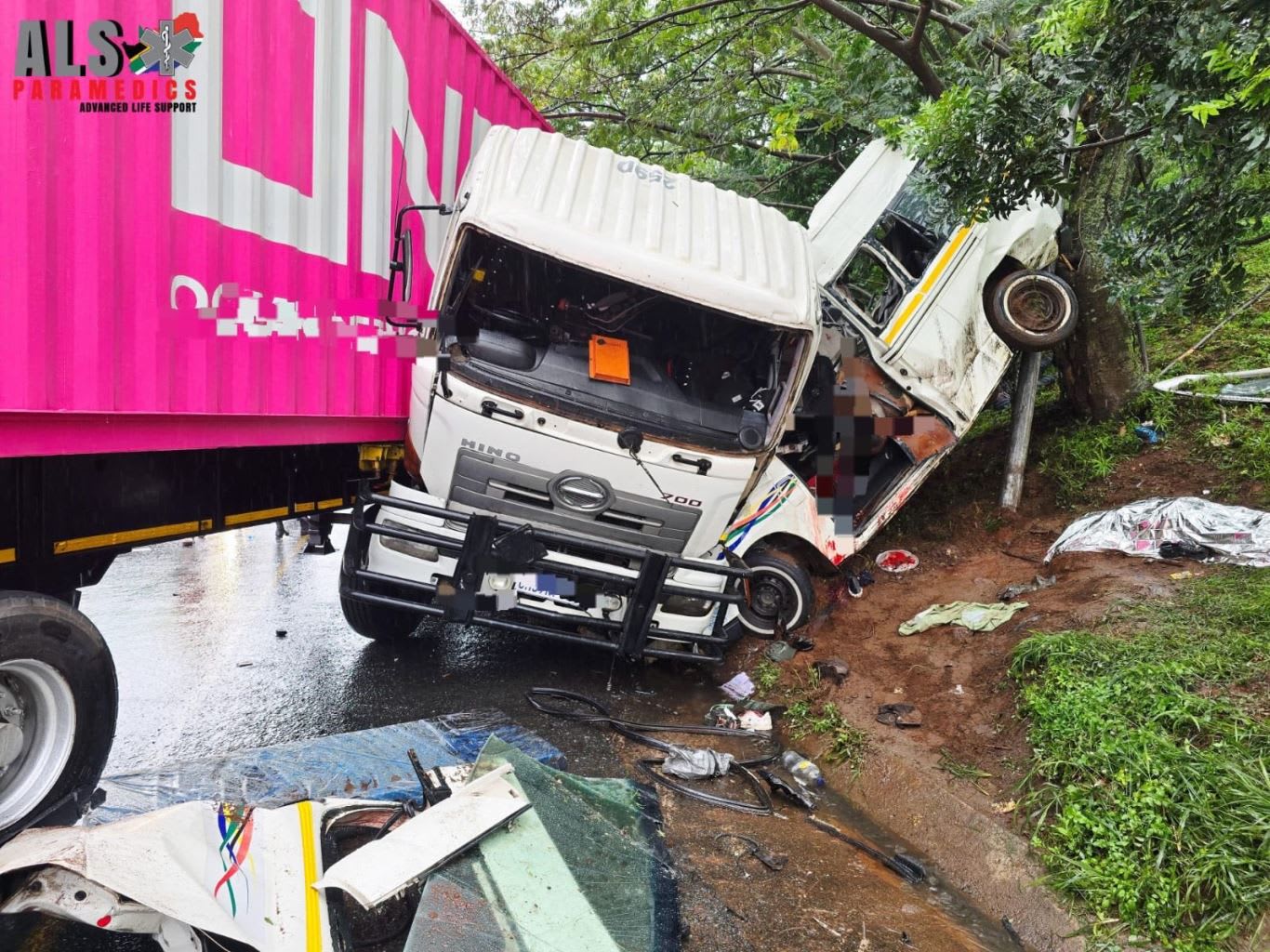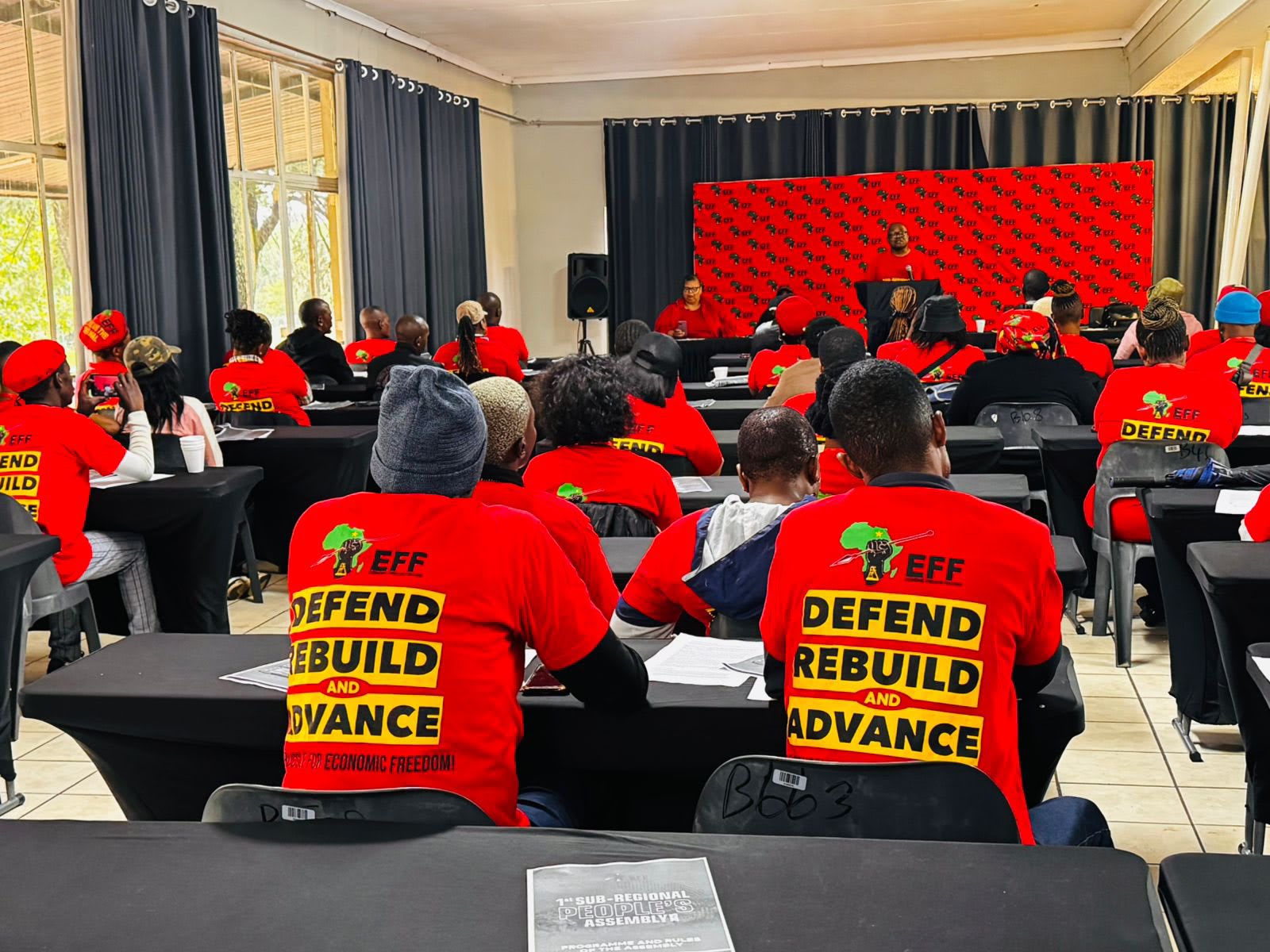Action SA
Tshwane mayor Nasiphi Moya has announced an independent forensic investigation into the City’s water tanker operations following public concern over claims that R777 million was spent on water tankers.
Tshwane mayor Nasiphi Moya has announced an independent forensic investigation into the City’s water tanker operations following public concern over claims that R777 million was spent on water tankers.
Moya dismissed the figure first reported by News24 as “incorrect and misleading,” saying it was based on purchase orders rather than verified expenditure.
“The claim that the City of Tshwane “spent R777 million on water tankers” is incorrect and misrepresents the real situation. This figure is not based on audited expenditure but on a system extract showing the total value of purchase orders, including about R156 million in cancelled, duplicated or unprocessed transactions. It reflects procurement activity, not actual spending,” she said.
According to Moya, verified financial records show that the City recorded R322.9 million in tanker-related expenditure during the 2023/24 financial year, which included R179.9 million in unpaid invoices later processed in 2025.
She said that when these invoices were eventually paid, they appeared under the new administration’s books, creating a false impression of a sharp rise in spending.
For the 2024/25 financial year, the City recorded R621 million in total payments, including the carried-over invoices.
Moya said the higher spending corresponded with specific water crises and Rand Water shutdowns, not irregular procurement.
“Spending was focused on essential service needs linked to unavoidable outages, external factors and the constitutional need for continuity of supply,” she said.
She explained that increased tanker use was mainly due to Rand Water maintenance shutdowns in July 2024 and May 2025, reservoir maintenance during November and December 2024, and court-mandated water provision to Hammanskraal residents following cholera contamination of the Apies River.
Emergency operations in the Rooiwal-Apies River area also contributed to the higher costs.
Despite the rise in incidents, Moya said the average cost per outage dropped by 14%, reflecting improved coordination and deployment of tankers. She noted that underinvestment in infrastructure, ageing water networks, vandalism and power outages have compounded the city’s water challenges.
“To reduce dependence on tankers, we are investing in infrastructure renewal and diversifying our water sources,” she said. The City is developing boreholes, installing communal taps and expanding its own tanker fleet to cut contractor costs and improve response times.
Moya said the newly announced forensic investigation would examine procurement processes, expenditure patterns and delivery records to identify any irregularities or possible corruption.
“Anyone found to have abused the system will be held accountable,” she said.
She said that the City would cooperate with oversight bodies, including the Auditor-General and the Municipal Public Accounts Committee, to ensure transparency.
Moya further said that verified data confirms that tanker expenditure reflects the operational realities of a strained water system.
“Our focus is transparency, fiscal discipline and zero tolerance for corruption,” she said.




